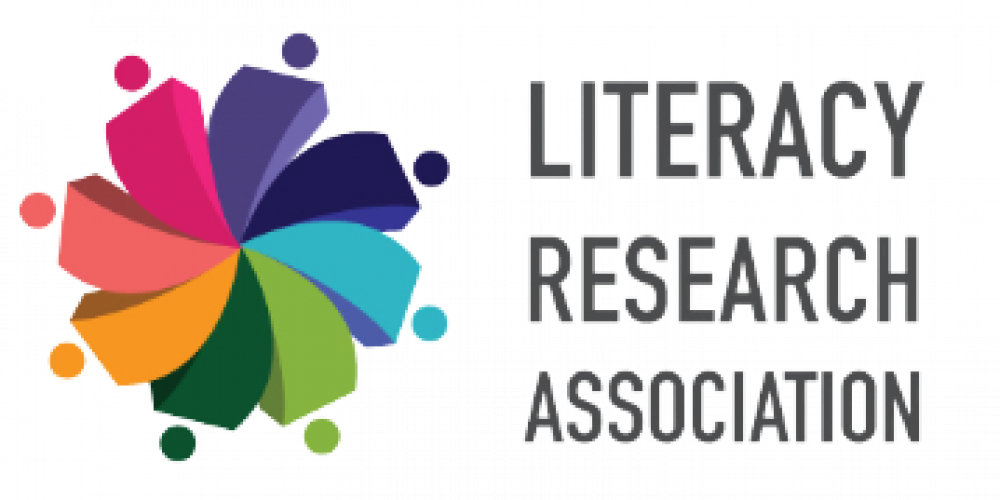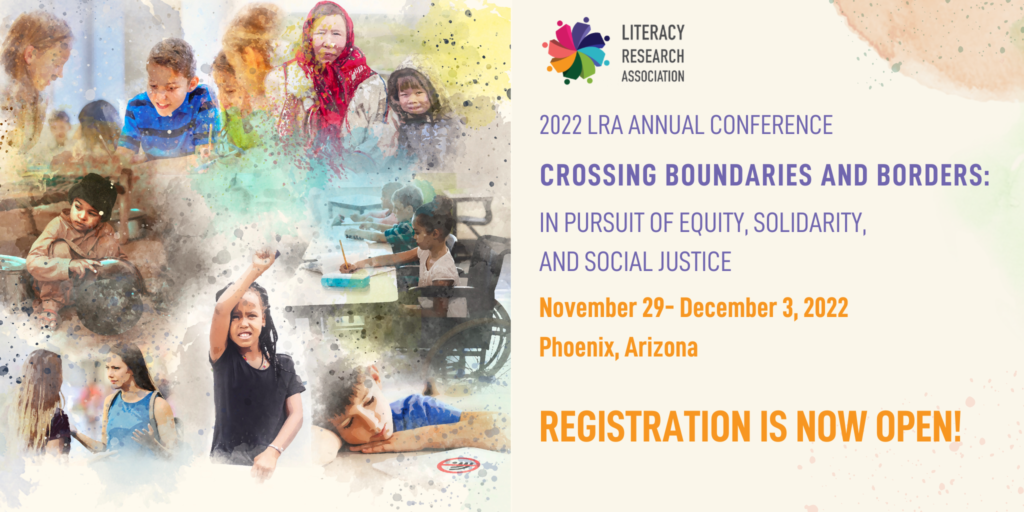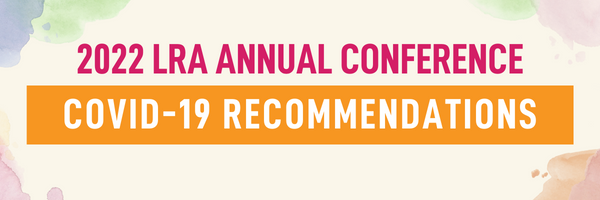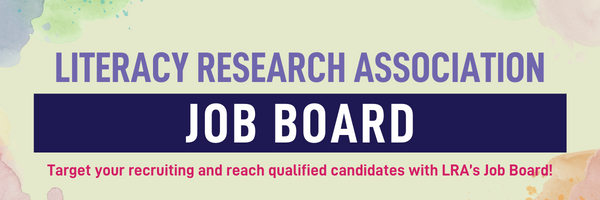The Road Less Taken ~ The Ph.D. Road
A poem by Adeline Mansa Borti, Ph.D., Department of English, Grand Valley State University
The Road Less Taken~ The Ph.D. Road
The road not taken?
The road less taken…
The road with roses and thorns
The road with pain and laughter, with solitude for productivity
Among many but still lonely?
Bittersweet and narrow with less freedom
The road trodden by about 2% of the population in America
Less trodden if even at all
The road imagined by 963 people but taken and conquered by 65 brave and resilient folks
The Ph.D. Road…steep and bumpy
Taking this roller coaster road, not many will dare.
The road taken when the sun rises.
The road taken when the sun sets.
The road taken whether the rain smiles or frowns.
The road taken whether the snow appears or hides.
The road on which thunder roars and lightning strikes.
The road taken whether there is light or darkness.
Coursework fatigue? Wait till the research after coursework! Reading empirical literature[1], independence, resilience, maturity, all tried and tested. Nevertheless, don’t give up!
I know your thoughts: whether to enjoy or endure?
I see your tears…to retreat or surrender to the voice of Ph.D. that calleth…come up and continue the journey because of the joy and light at the end of the tunnel.
I know your sleepless nights…a cup of tea or coffee to keep awake.
The people who walk this path cover the thorn and show the roses.
The people who walk this path show the smiles without the tears.
Bittersweet, weak-bold, day-night, and smile-frown are integral parts of the Ph.D. journey.
It’s okay if you are not okay sometimes. It’s okay if the thorn around the roses prick with much more pain than you thought.
All you need to do is to stretch.
All you need is a trusted helper.
Helpers from all sides; helpers from all levels!
Do you have a passion for this less-trodden road?
Then be prepared to fight strong!
Exercise your academic, cognitive, emotional, social, and physical muscles!
Never be afraid to dare!
Never be hesitant to be among the few…the few on the bittersweet journey…
A path that calls out to many but a few answer!
A path that longs to embrace many, but a few heed to the call.
The few that heed to this call feel weary and many retreat.
Are you on this journey? Don’t retreat. See the light at the end of the tunnel, not the immediate darkness.
Are you contemplating on this less trodden road? Count the cost and begin without retreat.
Not to go alone because together, we can succeed. Asking for help, a sign of strength, not a weakness!
“I took the one less traveled by, and that has made all the difference.”
I took the less traveled path, and that brought the healing.
The healing of all the wounds sustained from the thorn among the roses!
Healing from my loneliness!
Healing from my fears of the unknown ending and future!
I took the less traveled road, and that makes me an icon of healing and hope.
Healing and hope for those who want to dare!
Healing and hope for those wondering where the finish line will be!
Healing and hope for those who feel battered and tired!
Yes, “I took the road less traveled, and that made all the difference!”
Adeline M. Borti is an assistant professor, in the English Department at Grand Valley State University, USA. Dr. Borti is an English language/literacy educator, researcher, and social worker. Dr. Borti is engaged in service, teaching, and research related to ESL, literacy education, the empowerment of women, and social justice.
This is an original work, and it gained no support or any grant from funding agencies in public, commercial, or not-for-profit sectors. No part of this manuscript has been shared or published anywhere.
Correspondence concerning this article should be addressed to Adeline Borti, English Department, Grand Valley State University, 1 Campus Drive, Allendale, Michigan 49401, USA
The author provided the following notes for your reference:
Giving hope and joy of healing is best done by the one who is healed after going through the pain and aches. Many a time, we see people healed and back to “life” with hope, but we do not hear the stories about how joy and pain, brokenness, and healing are part of a rewarding journey. As a former international student, I engage in poetic inquiry to reflect on my Ph.D. journey and the healing that I experienced during and after this journey. Poetic inquiry offers the space for reflexivity on my Ph.D. journey.
The following are resources that foregrounded my poetry.
- 2016 Doctorate Recipients from U.S. Universities. Retrieved from https://www.nsf.gov/statistics/2018/nsf18304/static/report/nsf18304-report.pdf.
- Benge, C., Onwuegbuzie, A. J., Mallette, M. H., & Burgess, M. L. (2010). Doctoral students’ perceptions of barriers to reading empirical literature: A mixed analysis. International Journal of Doctoral Studies, 5, 55-77.
- Borti, A. (2019). A life in two worlds: the silenced and the unsilenced. Qualitative Inquiry, 1077800419838572.
- Frost, R. (1915). The road not taken. Poetry Foundation. Retrieved from https://www.poetryfoundation.org/poems/44272/the-road-not-taken
- Alabi, G., & Mohammed, I. (2017). Research and PhD capacities in sub-Saharan Africa: Ghana Report. British Council & German Academic and Exchange Service. Retrieved from https://www2.daad.de/medien/der-daad/analysen-studien/research_and_phd_capacities_in_sub-saharan_africa_-_ghana_report.pdf
Photo by Jeremy Vessey on Unsplash















